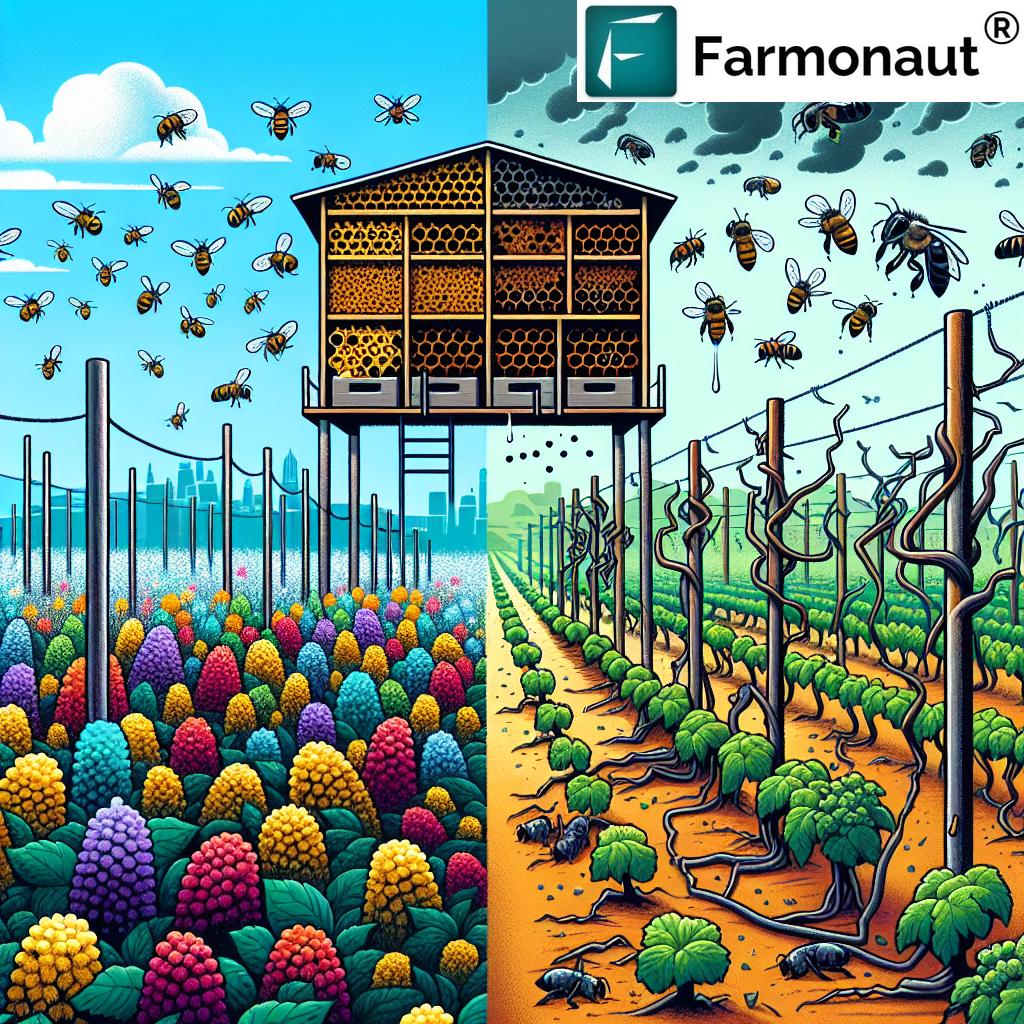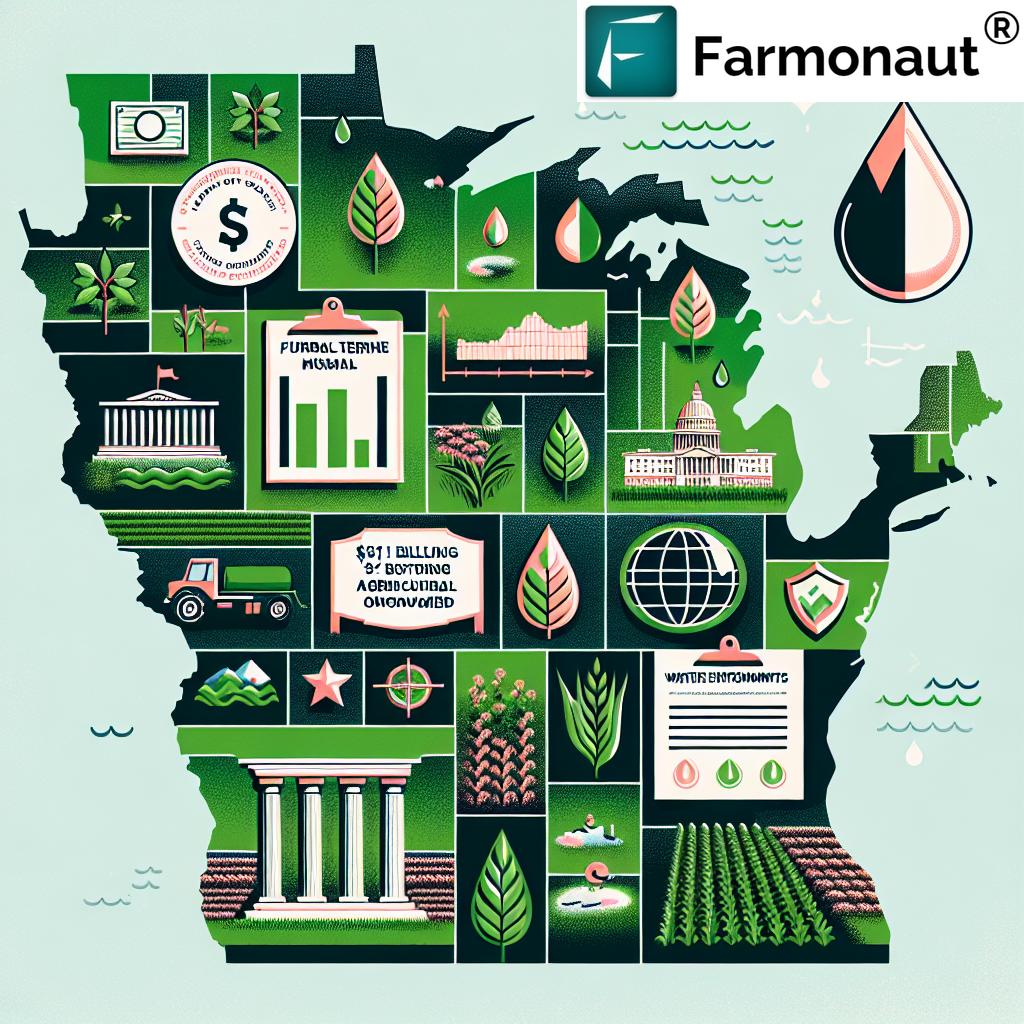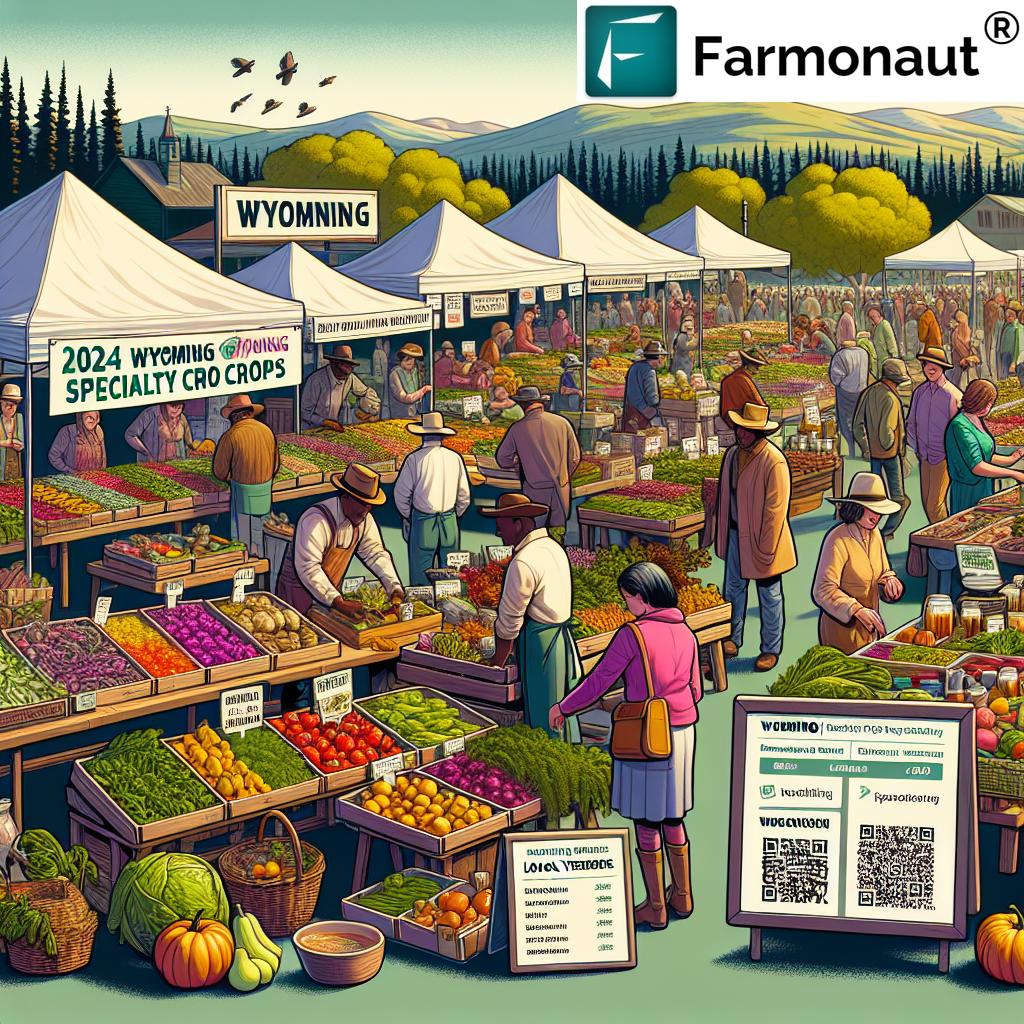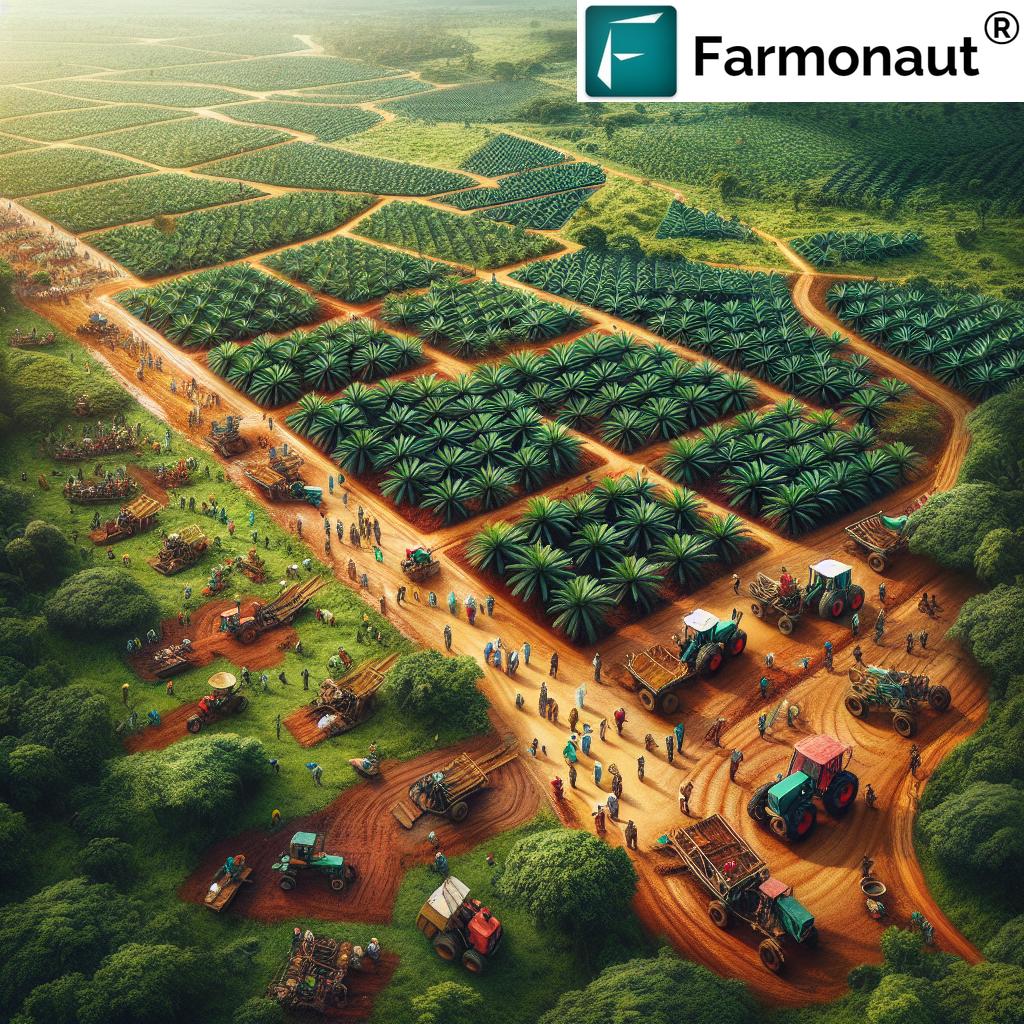Revolutionizing Canada’s Food Future: Unleashing Sustainable Agriculture for Health and Climate
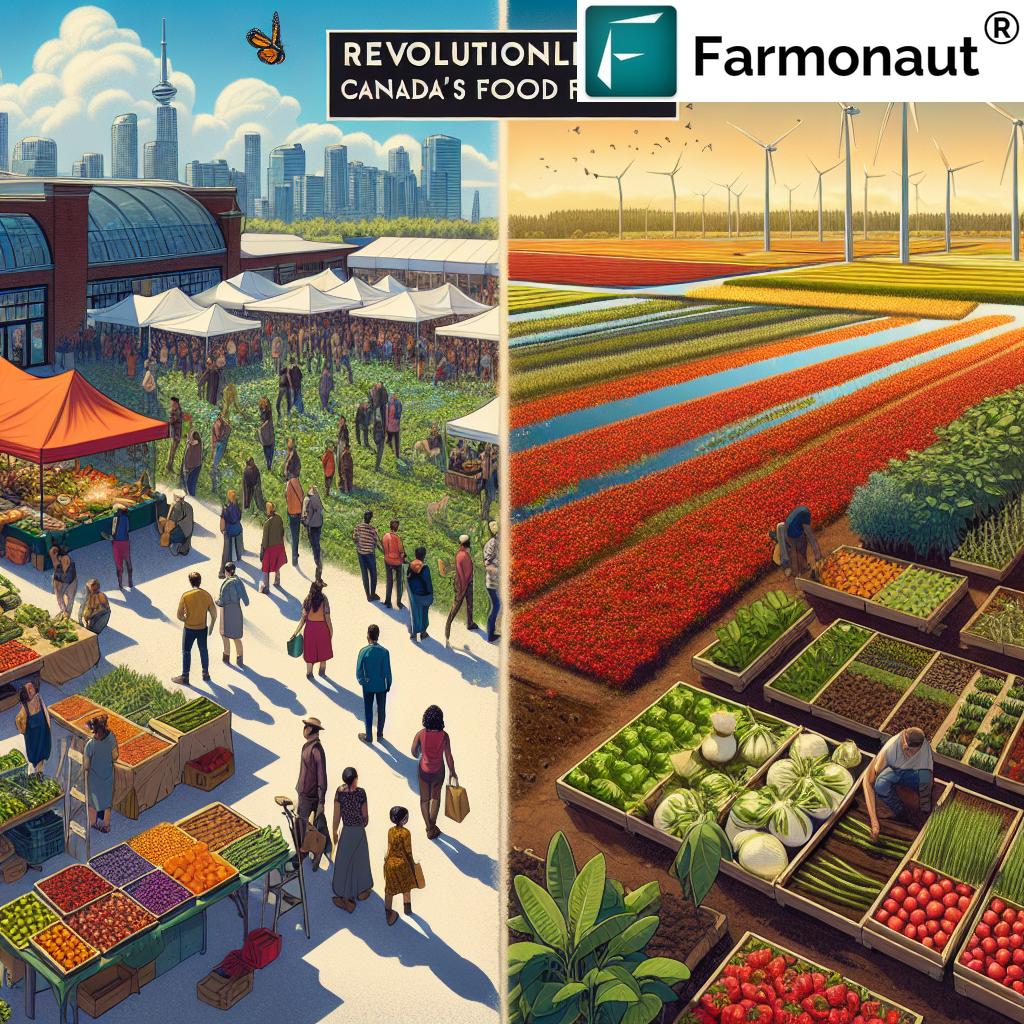
As World Food Day approaches on October 16th, it’s time to reflect on Canada’s progress towards ensuring “the right to foods for a better life and a better future.” Unfortunately, a close examination reveals that Canadian agricultural policies are falling short of this noble goal, prompting a urgent need for comprehensive reform.
The Misalignment of Agricultural Policies and Public Health
Canada’s current agricultural landscape paints a concerning picture. Despite substantial government support, our food policies are not serving the well-being of Canadians as they should. The disconnect between agricultural subsidies and health goals is particularly alarming.
- Minimal investment in fruit and vegetable production, despite under-consumption by Canadians
- Majority of financial support directed towards feed crops, export crops, and high-saturated fat foods
- Rising rates of diet-related diseases such as diabetes, obesity, and heart disease
This misalignment has significant consequences. The health-care costs associated with diet-related diseases stemming from non-adherence to dietary guidelines range from 2% to a staggering 19% of total health-care expenditures in Canada. Clearly, our agricultural policy extends far beyond food production, influencing public health, the economy, and the environment.
Climate Change and Agriculture: An Inseparable Duo
When discussing climate change and agriculture, it’s crucial to recognize their interconnected nature. Agriculture is a significant contributor to Canada’s greenhouse gas emissions, yet it’s also increasingly vulnerable to climate change impacts.
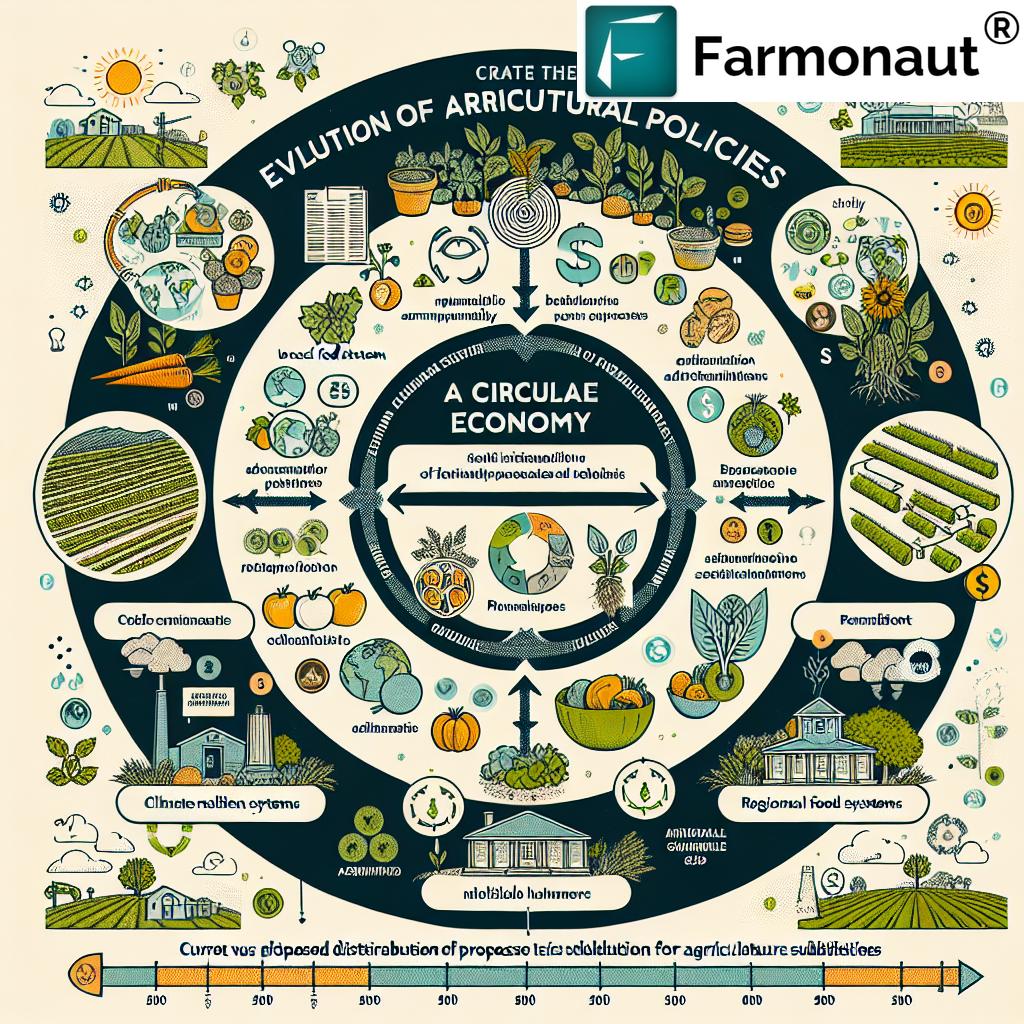
The intensification of climate-related events such as wildfires, droughts, floods, and heat domes poses a serious threat to agricultural stability. This volatility may necessitate a reevaluation of Canada’s heavy reliance on international trade in shaping its agricultural policies.
Current government policies supporting input-intensive crops and animal agriculture contribute significantly to methane and nitrous oxide emissions, exacerbating global warming. Despite these pressing concerns, Canada’s investment in sustainable agriculture remains insufficient.
The Financial Struggle of Canadian Farmers
Despite $12.5 billion in annual agricultural supports, many Canadian farmers are struggling financially. According to the National Farmers Union:
“Over the last three decades, the agribusiness corporations that supply fertilizers, chemicals, machinery, fuels, technologies, services, credit, and other materials and services have captured 95 percent of all farm revenues, leaving farmers just five percent.”
In 2016, 66% of Canadian farms fell into the revenue class of $10,000 to $249,999, with expenses often exceeding revenue. This financial strain highlights the need for a more equitable distribution of agricultural support.
Solutions for a Sustainable Food Future
Transforming Canada’s food systems is crucial for averting climate change and ecological devastation. Many Canadian farmers are already leading the way by incorporating sustainable agriculture in Canada. The good news is that healthy diets often align with environmentally sustainable practices.
Key Strategies for Change:
- Promote Local Food Systems: Support local food movements and bioregional food systems as alternatives to transnational food networks.
- Implement Healthy Food Policies: Align agricultural production with healthy diets through comprehensive healthy food policies Canada needs.
- Invest in Agroecological Farming: Provide stronger support for family farms practicing agroecological farming, harnessing its numerous agroecological farming benefits.
- Diversify Crop Support: Increase government programs supporting the production and purchasing of grains, fruits, and vegetables for direct human consumption.
- Empower Small and Medium-Sized Businesses: Foster the growth of smaller food businesses to reduce the dominance of oligopolies in Canada’s food system.
These initiatives would not only improve Canadian food security solutions but also promote more climate-friendly farming practices.
The Role of Technology in Sustainable Agriculture
Embracing technological innovations is crucial for advancing sustainable agriculture in Canada. Platforms like Farmonaut (farmonaut.com) offer cutting-edge solutions for modern farmers. By leveraging satellite imagery and AI, these tools provide valuable insights for precision agriculture, helping farmers optimize resource use and reduce environmental impact.
Explore Farmonaut’s innovative agricultural solutions:
For developers looking to integrate agricultural data into their applications, Farmonaut offers a comprehensive API:
API: https://sat.farmonaut.com/api
API Developer Docs: Farmonaut API Documentation
The Path Forward: Canadian Agricultural Policy Reform
Canadian agricultural policy reform is essential for addressing the challenges of the 21st century. A holistic approach that considers food policies beyond GDP metrics and respects farmers while creating food systems based on One Planet and One Health frameworks is crucial.
- Recognize farmers as integral community members, not just business operators
- Support farmers with better policies that align with health and sustainability goals
- Ensure equitable access to nourishing and sustainable foods for all Canadians
By implementing these reforms, Canada can create a healthier, more resilient future for its citizens while addressing critical environmental concerns.
Empowering Farmers with Mobile Technology
To support the transition to sustainable agriculture, mobile applications can provide farmers with crucial information and tools. Farmonaut’s mobile apps offer on-the-go access to vital agricultural data:
Download Farmonaut’s mobile apps:
Conclusion: A Call to Action
As we approach World Food Day, it’s clear that Canada stands at a crossroads. The current agricultural policies are not serving the well-being of Canadians or the environment. However, by embracing sustainable agriculture, supporting local food systems, and aligning policies with health and climate goals, we can revolutionize Canada’s food future.
The transformation of our food systems is not just an option; it’s a necessity for averting climate change, improving public health, and ensuring food security for future generations. By working together – farmers, policymakers, technology providers, and consumers – we can create a sustainable, healthy, and resilient food system that serves all Canadians.
Let’s seize this opportunity to reshape Canada’s agricultural landscape, ensuring a better life and a brighter future for all. The time for change is now, and the path to a sustainable food future is clear. Will you join the revolution?





